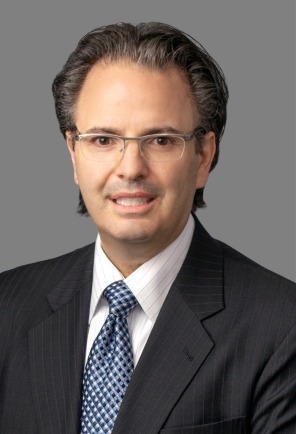A&M’s Public Sector Framework for Driving Artificial Intelligence Value and Success
Medicaid is the United States’ largest public health insurance program, providing essential coverage to over 90 million low-income individuals. Jointly funded by federal and state governments, Medicaid is vital to ensuring healthcare access for vulnerable populations. However, it faces significant challenges, including rising costs, administrative inefficiencies, fraud prevention complexities and the imperative to deliver equitable care.
To navigate these complexities, Alvarez & Marsal has developed the P.A.T.H. to AI Framework, which guides public sector organizations through AI adoption with four strategic pillars: PLAN, ADAPT, TRANSFORM and HARMONIZE. In the second article of the series, A&M experts discuss how the P.A.T.H. Framework empowers Medicaid agencies to harness the transformative potential of AI while addressing systemic challenges and ensures Medicaid systems can deliver efficient, equitable and impactful services.
Read the full white paper
Read the First Article: The PATH to AI Value
Unlocking AI Model Innovation: Transforming Federal R&D Through Next-Generation AI Infrastructure
February 17, 2026
Federal agencies must act decisively to maintain America's AI leadership. This paper provides agency leaders with a practical framework for establishing AI programs that balance innovation with security, speed with compliance, and transformation with risk management.
Missing Demand May Miss the Opportunity: Research Insights for States Building Talent Marketplaces That Work
February 2, 2026
In December, the US Department of Education (US ED) announced the Connecting Talent to Opportunity Challenge to support states in building and scaling talent marketplace platforms. The investment reflects a growing understanding that skills data can play a powerful role in connecting learners to jobs, helping employers find the talent they need, expanding workforce participation, and strengthening state economies.
AUKUS in Motion: Why Australian Innovators Can't Afford To Wait
January 13, 2026
AUKUS was meant to accelerate defense innovation, but uncertainty now dominates the Indo-Pacific. For Australian firms, hesitation isn’t an option; decisive action is.
What the Transition of US ED Programs Means for Grants Management
January 6, 2026
The U.S. Department of Education’s decision to shift major grants programs, including Title I and postsecondary funding, across multiple federal agencies marks a significant change in how education funding is administered.







